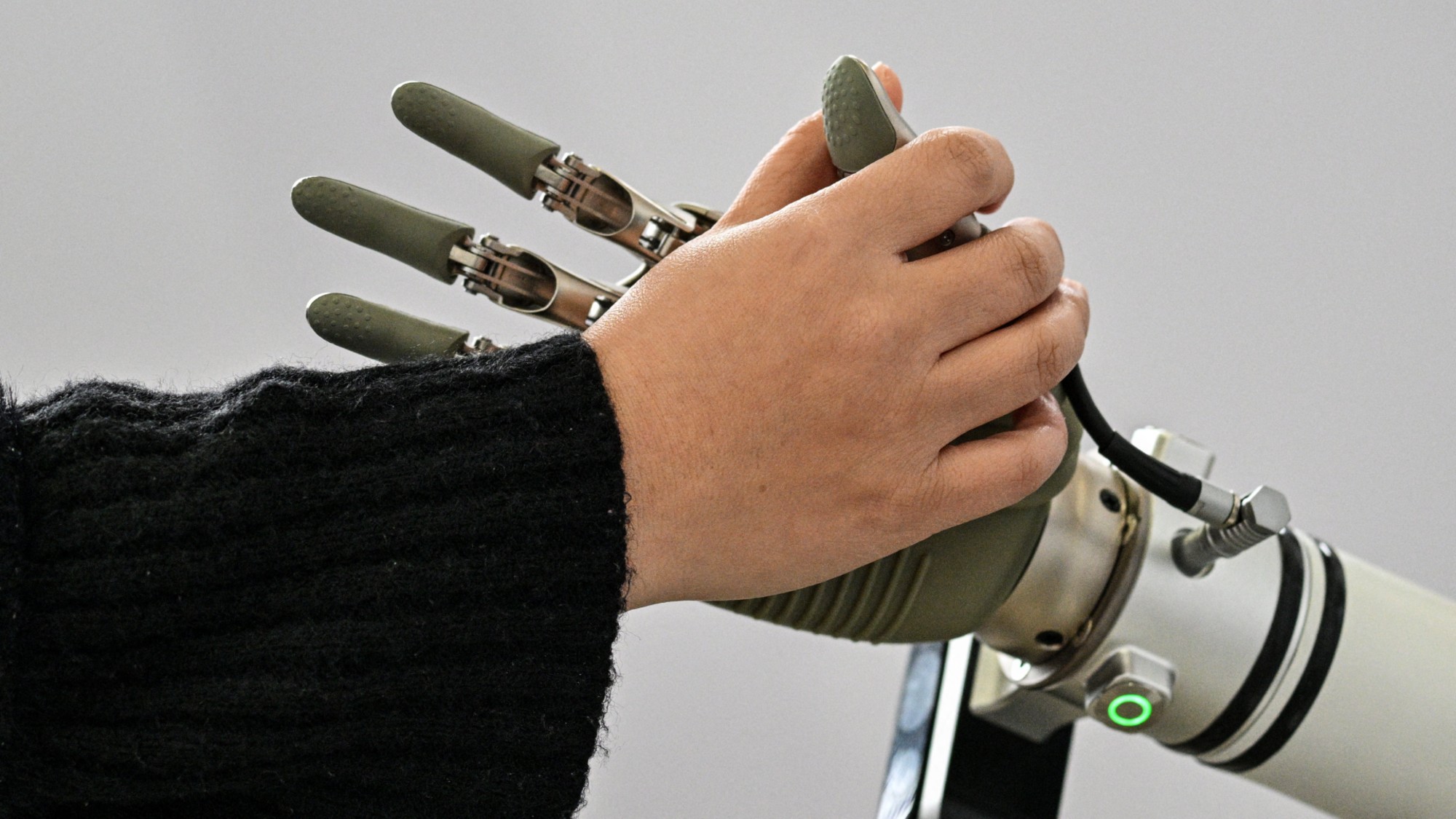The AI arms race
The fixation on AI-powered economic growth risks drowning out concerns around the technology which have yet to be resolved

A free daily email with the biggest news stories of the day – and the best features from TheWeek.com
You are now subscribed
Your newsletter sign-up was successful
How times change, said Pieter Haeck on Politico (Brussels). When world leaders gathered to discuss artificial intelligence at Bletchley Park a mere 15 months ago, their main preoccupation was with safety – with whether this rapidly developing technology could, you know, "make humanity extinct". Yet those worries are all terribly passé, apparently.
The declaration from last week's AI summit in Paris "mentioned safety only three times"; rather, it stated that AI development had to be "open" and "inclusive", resulting in the US and UK refusing to sign it altogether. With the new fixation on unlocking growth, politicians from around the globe loudly vowed to cut red tape, invest and innovate. "I'm not here to talk about AI safety," insisted US Vice-President J.D. Vance. "I'm here to talk about AI opportunity." "Europe is open for AI and for business," declared the European Commission president, Ursula von der Leyen.
Rightly so, said Martin Ehl in Hospodárské noviny (Prague). The sudden emergence of China's DeepSeek shows the AI arms race is still wide open, which is why the Trump administration is rightly taking the brakes off its own projects. If Europe wants to compete, it can't keep focusing on regulating, or it will "miss the boat".
The Week
Escape your echo chamber. Get the facts behind the news, plus analysis from multiple perspectives.

Sign up for The Week's Free Newsletters
From our morning news briefing to a weekly Good News Newsletter, get the best of The Week delivered directly to your inbox.
From our morning news briefing to a weekly Good News Newsletter, get the best of The Week delivered directly to your inbox.
I'm sorry, said Laurent Duraisin in Le Quotidien (Eschsur-Alzette), but have we lost our minds? The AI revolution is still in its infancy and already is full of horrors – "infamous deepfakes", AI-generated fraud, you name it: each time this tech develops, so does its ability to wreak havoc. And it's not as if we can rely on the tech giants to protect us. "The geniuses of Silicon Valley", with their mammoth monopolies, find no trouble getting around any national laws that get in the way of their company's bottom line, even without legislators making it easy for them.
Europe faces a "devilish" conundrum, said Daniel Verdú in El País (Madrid). Its leaders have a duty to ensure AI benefits Europe's citizens and businesses, not least by looking to protect them from foreseeable harm. But as Vance warned at the summit, the Trump administration won't tolerate foreign governments "tightening the screws on US companies".
In short, the EU can try to regulate the potential dangers, but the world's largest AI power won't be participating – leaving the old continent at risk of falling even further behind. For its part, the Trump administration is clearly rattled by China, said the FT. But by boldly ripping the guardrails off AI, it's making "a potentially reckless bet – that it can master this game-changing technology first, without anything going wrong along the way".
A free daily email with the biggest news stories of the day – and the best features from TheWeek.com